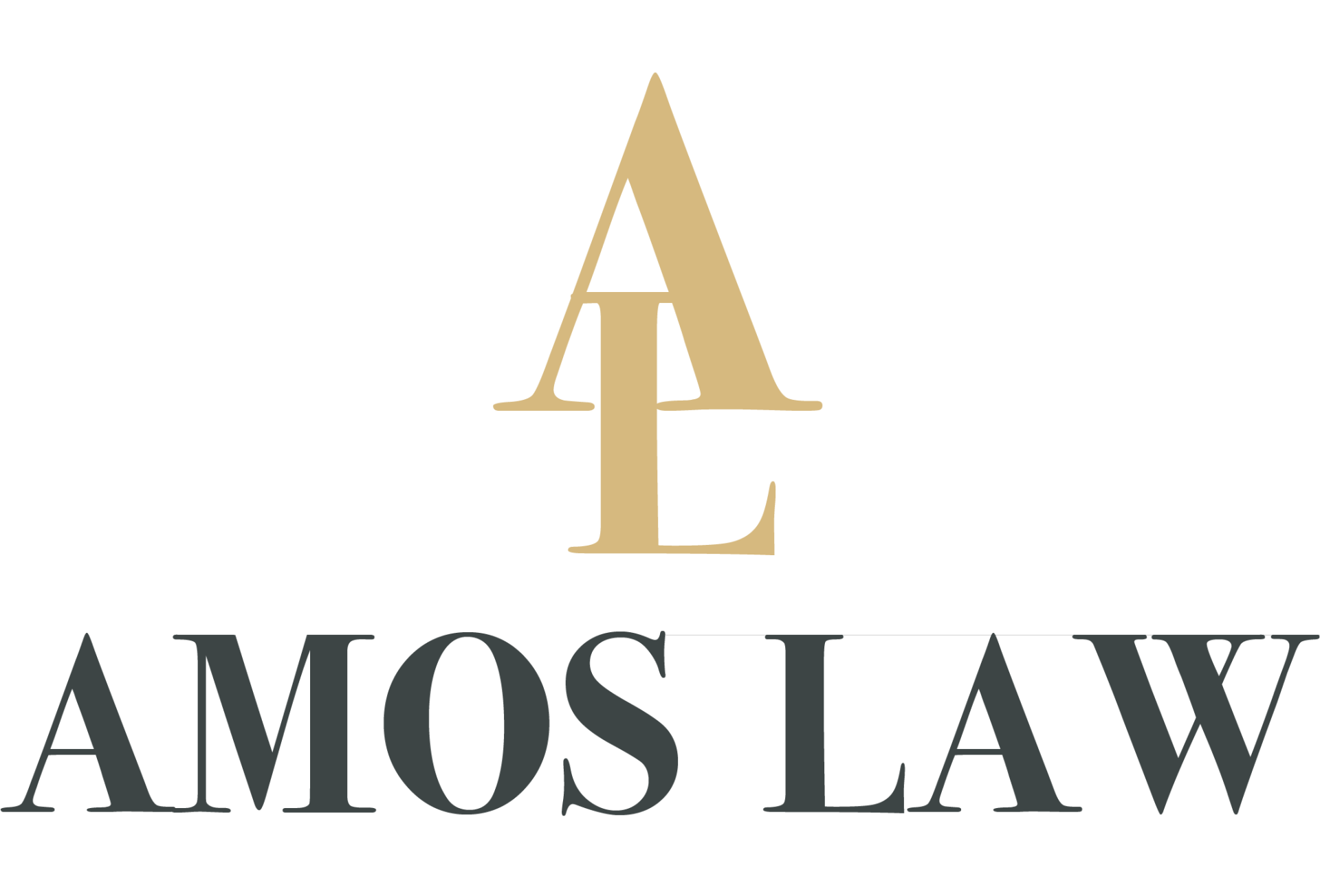Expunction/Expungement lawyer North Carolina
At Amos Law Firm, we understand that a past mistake shouldn't define your future. A criminal record can hinder opportunities for employment, education, housing, and more. Fortunately, North Carolina law provides a legal avenue called "expunction" (also known as expungement) that allows eligible individuals to erase certain criminal charges or convictions from their records. We are committed to guiding you through this process to help you move forward with a clean slate.
What Is an Expunction?
An expunction is a court-ordered process that removes a criminal charge or conviction from your public record. Once an expunction is granted, the law treats the offense as if it never occurred. This means that you can legally state that you have not been arrested, charged, or convicted of the expunged offense.
Eligibility for Expunction in North Carolina
North Carolina law outlines specific criteria for eligibility, which can vary depending on the nature of the offense and your criminal history. Below are some common scenarios where an individual may qualify for an expunction:
1. Dismissed Charges and Not Guilty Verdicts
- Dismissed Charges: If your case was dismissed or you were found not guilty, you might be eligible for an immediate expunction.
- Multiple Dismissals: Recent changes in the law allow for the expunction of multiple dismissed charges.
2. First-Time Convictions
- Non-Violent Misdemeanors: First-time convictions for certain non-violent misdemeanors may be expunged after a waiting period.
- Non-Violent Felonies: Certain non-violent Class H or I felonies may be eligible for expunction.
3. Offenses Committed Under Age 18 or 22
- Under 18: Convictions for misdemeanors committed before the age of 18 may be eligible.
- Under 22: Certain offenses related to alcohol possession or consumption committed before age 22 can be expunged.
4. Identity Theft Victims
- If you have a criminal record due to identity theft or misuse of your identity, you may qualify for an expunction.
Waiting Periods and Conditions
- Misdemeanors: Typically require a waiting period of five years from the date of conviction or completion of any sentence, whichever is later.
- Felonies: Generally require a waiting period of ten years.
- Good Behavior: You must demonstrate good behavior during the waiting period with no additional convictions (excluding traffic violations).
- Restitution and Fines: All court-ordered restitution and fines must be paid in full.
The Expunction Process
1. Eligibility Assessment:
We will conduct a thorough review of your criminal record and circumstances to determine eligibility.
2. Preparation of Petition:
Complete necessary forms, including affidavits of good character from non-relatives.
3. Filing the Petition:
Submit the petition to the clerk of court in the county where the charge or conviction occurred.
4. Background Check:
The State Bureau of Investigation conducts a criminal background check.
5. Prosecutor's Review:
The district attorney's office reviews the petition and may object.
6. Court Hearing:
A judge evaluates the petition, any objections, and may hold a hearing before making a decision.
7. Order of Expunction:
If granted, an order is sent to various agencies to remove the record from public databases.
Benefits of an Expunction
- Employment Opportunities: Employers conducting background checks will not see the expunged record.
- Education and Housing: Colleges and landlords will not have access to the expunged information.
- Peace of Mind: Legally state that you have not been arrested, charged, or convicted of the expunged offense.
- Restoration of Rights: In some cases, restoration of certain rights lost due to the conviction.
Why Choose Amos Law Firm
- Experienced Representation: We have extensive experience navigating the complexities of North Carolina expunction laws.
- Personalized Service: We provide individualized attention to understand your unique situation and goals.
- Comprehensive Support: From initial consultation to the final court order, we guide you through every step.
- Confidentiality Assured: We handle your case with the utmost discretion and professionalism.
Frequently Asked Questions
Q: Can all criminal records be expunged?
A: No, certain offenses, especially violent felonies and offenses requiring sex offender registration, are generally not eligible for expunction.
Q: How long does the expunction process take?
A: The process can take several months, depending on court schedules and the time required for background checks.
Q: Will an expunction restore my firearm rights?
A: Not necessarily. Expunction does not automatically restore firearm rights. Additional legal steps may be required.
Contact Us for a Free Consultation
Taking the first step toward clearing your record is easy. Contact Amos Law Firm today to schedule a free, confidential consultation. We will assess your eligibility and discuss how we can assist you in obtaining an expunction.



